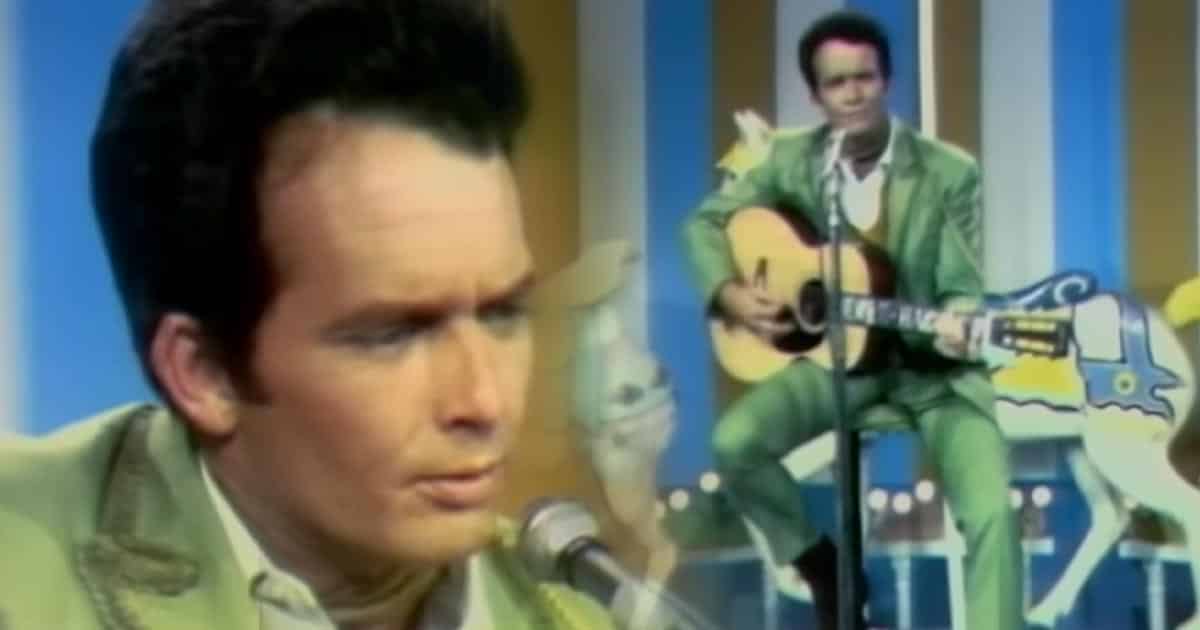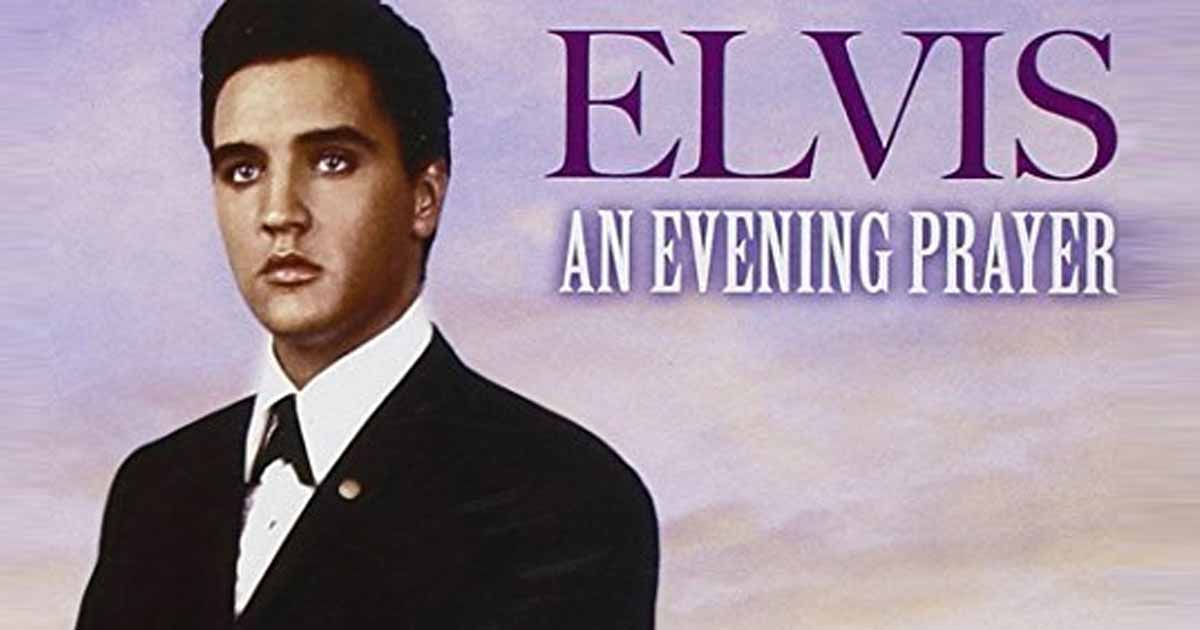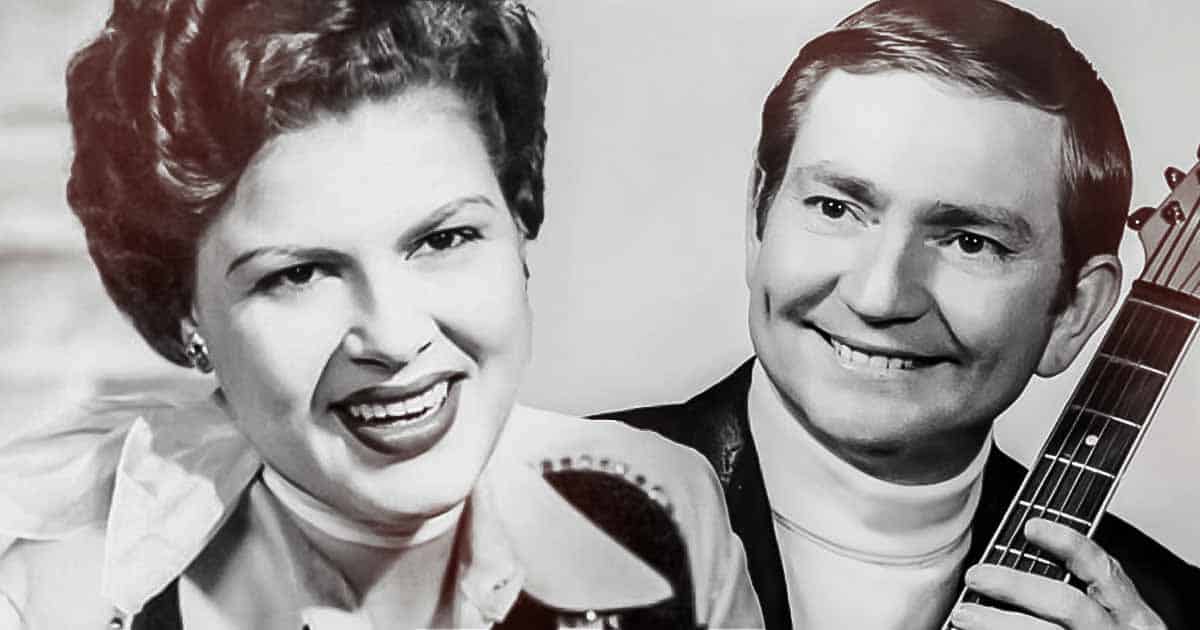Don’t let societal pressure get to you — Merle Haggard sends a powerful message in his single “I Take a Lot of Pride in What I Am.”
The Hall of Famer released the song with The Strangers on October 14, 1968, to tell the story of a man’s humble life. This was the only single from his eighth studio album Pride in What I Am. It climbed to No. 3 on the Billboard Hot Country Songs charts and soared to the top on the Canadian RPM Country Tracks in January 1969.
RELATED: 13 Surprising Facts You Didn’t Know About Merle Haggard
“I Take a Lot of Pride in What I Am” rings out a true and honest lyricism from Haggard’s pen game, making it one of Haggard’s definitive hits. His hard-nosed vocal approach depicts a vagrant loner who wanders around different places to live. Rolling Stone US applauded the singer saying: “Only Haggard could capture such an ur-American tone of outsider defiance and underdog resilience.”
The song was played at the funeral of Lynyrd Skynyrd vocalist Ronnie Van Zant. In August 1969, Dean Martin released a cover of Haggard’s tune.
Meaning Behind the Song
Merle Haggard’s masterwork struck again when he wrote “I Take a Lot of Pride in What I Am” himself. The singer-songwriter incorporated folk-tinged, twangy country bits from his guitar-playing to singing in a southern accent.
There are things we can only learn if we go outside, and wandering could lead us to many wonders. But in Haggard’s song, the man has no temporary home and has been finding his place in the world without bragging or complaining about his situation. Rather, he takes pride in who he is and what he does. “I am just talking to myself man to man; this old mental fat I’m chewing didn’t take a lot of doing,” he stressed.
RELATED: Remembering Merle Haggard: One of Country Music’s Most Successful Singers
Although the man didn’t live a luxurious life, he wasn’t ashamed of it. He embraced who he was and adapted to every challenge. He found tangible solutions to adversities such as “where to find a handout” in a Chicago afternoon, “thumbing through the phone books” to search for his father, and “home is anywhere I’m living” to homelessness. This is a testament to a man’s resilience and contentment no matter the reality. Sad may it sound, but the man has to find ways to work with what he’s got while battling social class inequality.
To remind you of humility, watch Merle Haggard’s laid-back performance of “I Take a Lot of Pride in What I Am.”


















